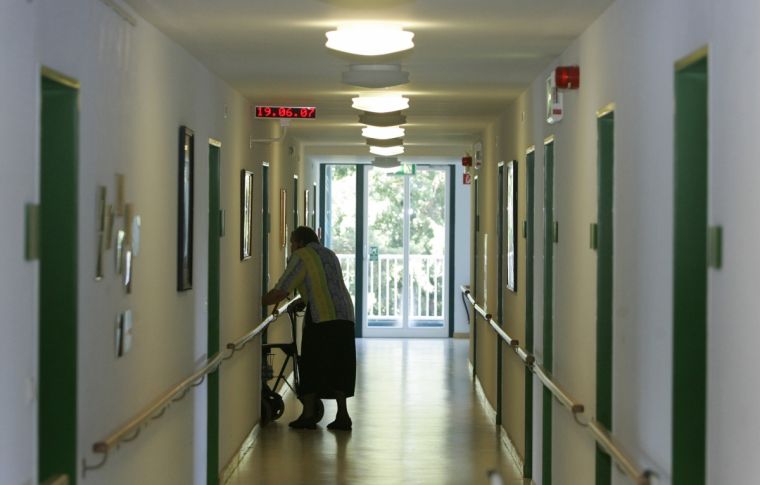Life expectancy isn't rising any more. This is what the Bible says about it
Everyone knows we're living longer than we used to, but the trend is slowing, according to an expert on life expectancy – and University College London's Sir Michael Marmot is worried. After more than 100 years of progress, the rise is grinding to a halt – and he thinks it's down to the Government's austerity policies, which have seen investment in the NHS and social care stall.

In England, life expectancy is now 83 for women and 79.4 for men, a vast improvement on a hundred or so years ago. Figures showing an average life expectancy in the 1840s of only 30 or 40 should be taken with a pinch of salt; that's measuring from birth and infant mortality was horribly high. But a male aged 40 in 1841 would expect to reach 66, compared with 80 in 2011, so things have definitely been going in the right direction.
No longer, though – and that raises question a fundamental question of justice. The distribution of life expectancy varies far too widely for anyone who cares about justice to feel comfortable about it. The great divide is between rich and poor – as we were reminded after the Grenfell Tower disaster, the richest people in Kensington and Chelsea live 16 years longer than the poorest. Yes: in terms of life expectancy, the poor are still in the 1840s. In London, the statistics were even mapped onto the Underground: the Lives on the Line project in 2012 showed how newborns around Star Lane were predicted to live on average for 75.3 years, in contrast to 96.4 years for those near Oxford Circus. In 2008 the London Health Observatory showed that travelling east from Westminster, every two Tube stops represented more than a year of life expectancy lost.
And it gets worse: in 2011 Gregory Clark, a professor of economics at the University of California, studied UK probate records every decade from 1858. He found that people with 'rich' surnames like Mandeville, Percy and Darcy – indicating descent from Norman nobility – even today are 10 per cent richer than the national average and live three years longer. So much for social mobility – that weight of history is going to take some shifting.
Christians should be lining up with everyone who cares about justice on this. As far as possible, our life chances – and even how long we live – shouldn't depend on where we were born or to whom. The child who grows up breathing traffic fumes because her parents can't afford to move to leafy Surrey is just as loved by God as little Tarquin or Cecily out for their morning hack. Justice matters.
There is, in the Bible, a disturbing and challenging perspective on this. In the Old Testament, which has a very hazy conception of an afterlife, long life is seen as the reward God gives to the righteous. 'You shall walk in all the way that the Lord your God has commanded you, that you may live, and that it may go well with you, and that you may live long in the land that you shall possess' (Deuteronomy 5:33); 'Grey hair is a crown of glory; it is gained in a righteous life' (Proverbs 16:31); 'The fear of the Lord prolongs life, but the years of the wicked will be short' (Proverbs 10:27).
But what are we to say when we realise that long life is the prerogative of the wealthy, that it has nothing to do with righteousness and everything to do with money and power? It's at that point we recognise the disconnect between the world as it is and the world as God intends it to be, and economics becomes eschatology. In Isaiah's vision of the new heavens and new earth, he says of Jerusalem: 'Never again will there be in it an infant who lives but a few days, or an old man who does not live out his years; the one who dies at a hundred will be thought a mere child; the one who fails to reach a hundred will be considered accursed' (65:20).
Long life becomes a symbol of God's shalom, and it is available to all, not just the Norman few. If Christians are called to bring God's future into the human present, paying attention to how long the poorest live – and how well – is a good place to start.
Follow Mark Woods on Twitter: @RevMarkWoods











